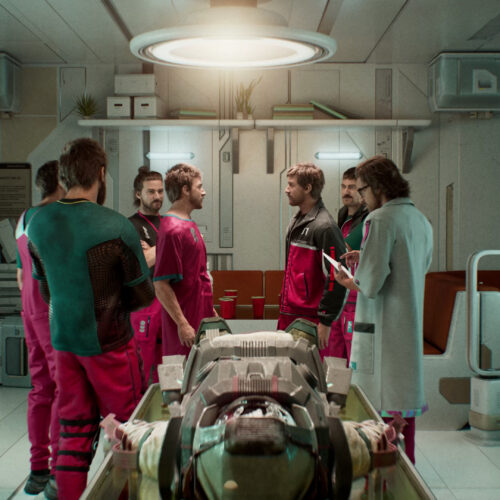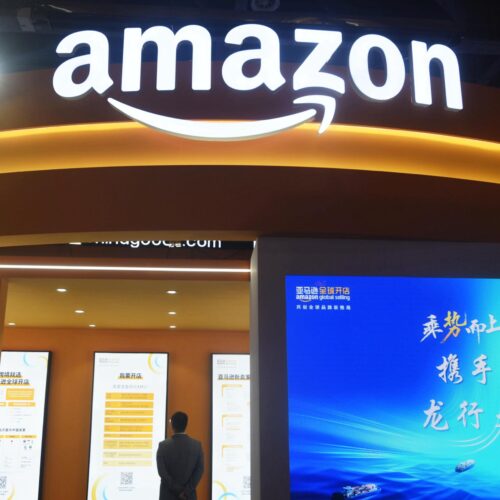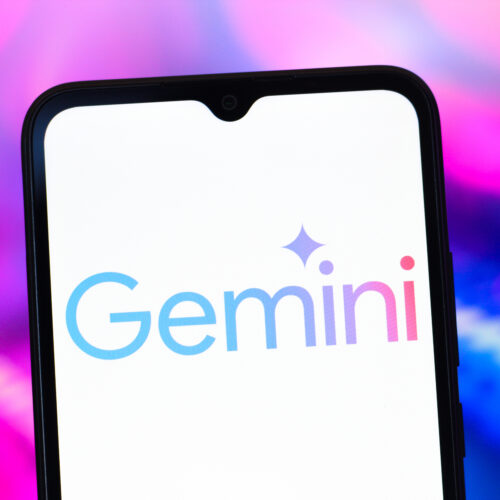ChatGPT can now remember and reference all your previous chats
OpenAI today announced a significant expansion of ChatGPT's customization and memory capabilities. For some users, it will now be able to remember information from the full breadth of their prior conversations with it and adjust its responses based on that information.
This means ChatGPT will learn more about the user over time to personalize its responses, above and beyond just a handful of key facts.
Some time ago, OpenAI added a feature called "Memory" that allowed a limited number of pieces of information to be retained and used for future responses. Users often had to specifically ask ChatGPT to remember something to trigger this, though it occasionally tried to guess at what it should remember, too. (When something was added to its memory, there was a message saying that its memory had been updated.)


© Benj Edwards / OpenAI


















